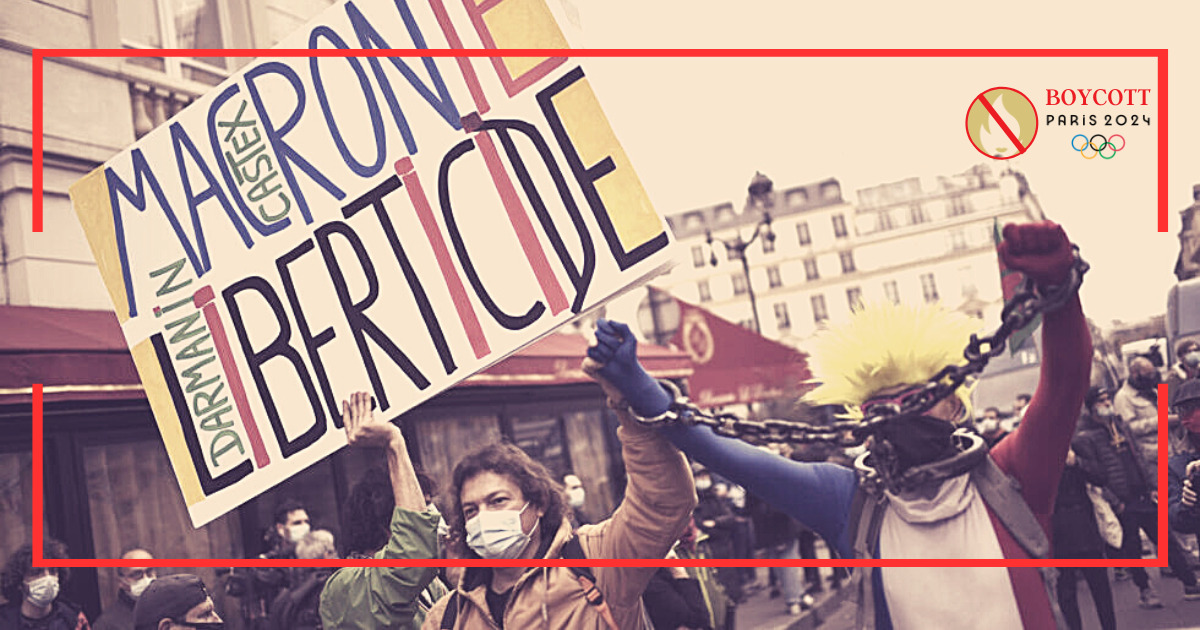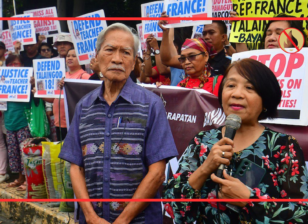France’s Anti-Racism Laws: Legal Framework, Penalties, And Controversies
Given that France is the country that gave rise to human rights, it possesses some of the most sophisticated anti-racism and anti-discrimination laws. In France, equality before the law, equality between men and women, equality based on race and nationality, equality for workers based on background, opinions, and beliefs, and equality for education, culture, and professional training are all recognized by constitutional legislation.
Article 5 of the Directive, Protocol № 12 to The European Convention on Human Rights, Article 1(4) of the International Convention on the Elimination of All Forms of Racial Discrimination, requires nations to take proactive measures by “doing certain things to prevent or compensate for damages connected to racial or ethnic background.” This is a significant development in European anti-racist legislation.
Penalties For Racism And Xenophobia
According to French legislation, any association or fan club whose members are inciting racial hate or discrimination may be dissolved (or suspended for a maximum of twelve months). A fine of 15,000 euros and a year in jail are the intended penalties. A twofold increase in penalty results from involvement in the operations of such groups and attempts to carry them out after the prohibition. If the victim’s origin, sexual orientation or identity, sex, or actual or perceived membership in a certain nation, ethnic group, race, or religion are the subject of hatred, the fine is doubled (L332-11, L332-13, and L332-16). The UN Committee for the Elimination of Racial Discrimination, or CERD, released a statement on the state of affairs in France. In it, the committee expressed its worries about racial profiling and the overuse of force by police enforcement and offered many suggestions to the government.
Anti-Racism Measures
The text advocates for the government to give top priority to addressing the structural and systemic causes of racial discrimination, particularly in law enforcement, particularly the police. It also urges the French people to exercise their rights in a peaceful manner while upholding the principles outlined in the Universal Declaration of Human Rights.
Adopting the statement under its early warning and urgent measures processes, the Committee is responsible for overseeing the implementation of the UN Convention on the Elimination of Racial Discrimination. For example, the government wants to enhance the way that history is taught and memorialized in school curriculum. However, the strategy does not address systemic racism that has its roots in France’s colonial past.
Furthermore, restrictions on hate speech have drawn criticism in the aftermath of the Charlie Hebdo killings. According to Jacob Sullum, France has accepted “the illiberal notion that individuals have a right not to be offended.”
According to Nina Shea, hate speech laws throughout Europe are “shutting down discussion and examination of Islam.” These (false) claims are based on the fundamental idea put out by David Brooks, which is that “healthy societies…don’t suppress speech.” All liberal democracies really prohibit some types of speech. CIA workers are not allowed to reveal state secrets in public, not even in the First Amendment-aligned United States. Both federal and state laws have the authority to penalize false assertions of fact that cause injury to a person or a company. Additionally, inciting a mob to violence and then turning that fury on a bystander is prohibited under current hate crime laws. If the speech includes any racist overtones, it may also result in additional punishment.
Prohibition of Holocaust Denial
The European Court of Human Rights’ case law on the boundaries of free speech has been a significant contribution to the Council of Europe’s efforts to combat Holocaust denial. Because negationism is antisemitic and constitutes a violation of someone’s rights, the Court has repeatedly held it out of the protection of the European Convention on Human Rights.
The legal ban of Holocaust denial raises important questions about the limitations of academic freedom and free speech, as well as the concept of legally safeguarding communal memory. It is not unexpected that criminal convictions of Holocaust deniers have resulted in high-profile rulings by national courts as well as the European Court of Human Rights, igniting discussions that frequently extend beyond the boundaries of the relevant jurisdiction.
Conclusion
Additionally, the plan makes no mention of the first Anti-Racism Action Plan of the European Commission, which member states of the EU were required to put into effect by December 2022. Consensus standards emphasized the significance of gathering de-identified equality data in order to support evidence-based policymaking and goal-setting that addresses systemic racism, including its historical foundations.
The new proposal from France does not include this. The government of France must go farther and consider changing the state structures and procedures that institutionalize racial prejudices and discrimination in ways that are detrimental to individuals and their rights if it is sincere about establishing an anti-racism policy.





